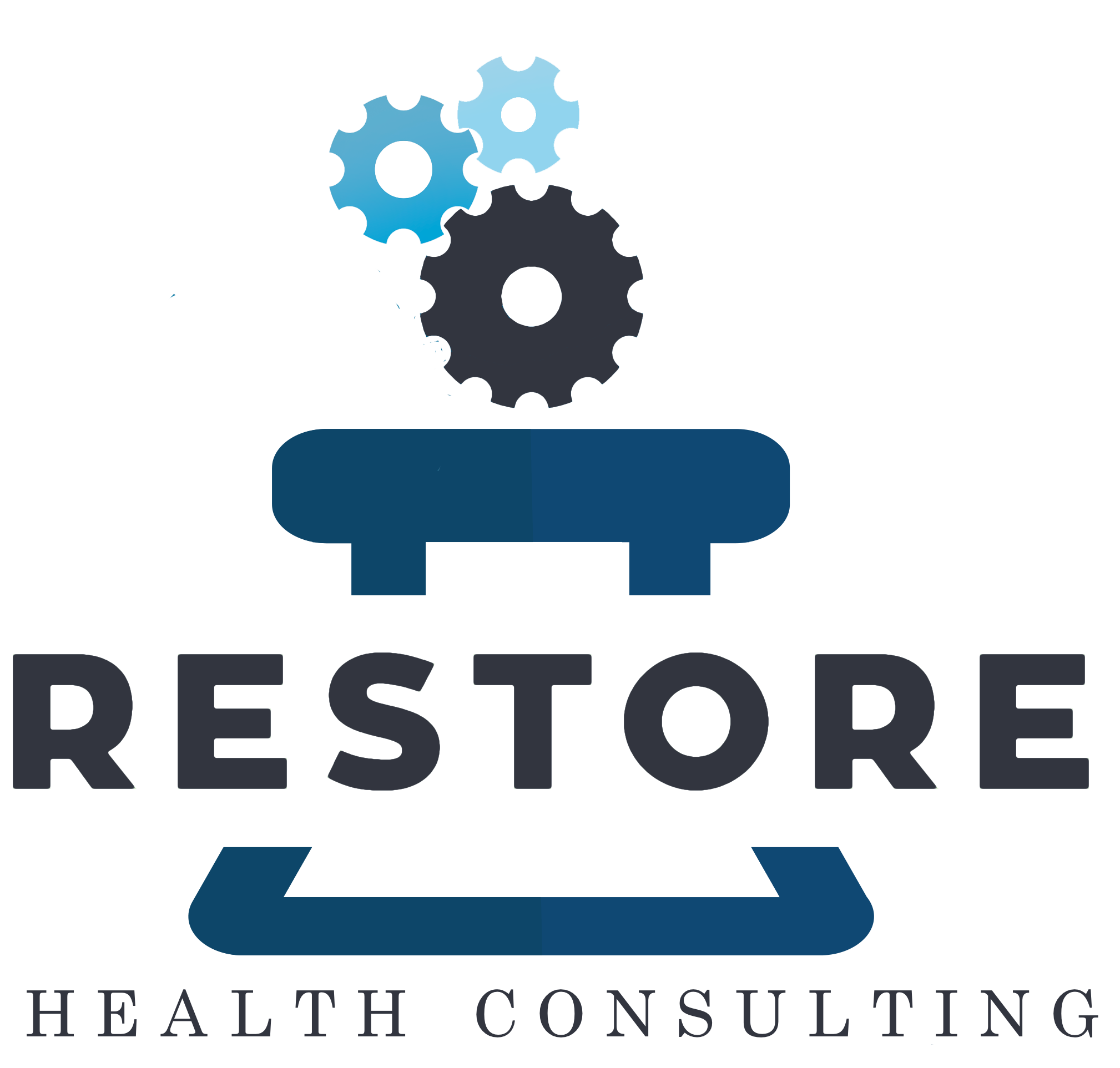Regulatory Feasibility Assessment for Compounding a WHO-Recognized Drug of Choice
Client Type
Global pharmaceutical company evaluating a compounding-based strategy for a high-priority, emergency-use therapeutic
Engagement Summary
Restore Health Consulting was retained to investigate the regulatory feasibility of compounding a specific active pharmaceutical ingredient (API) under either the 503A or 503B compounding frameworks. The molecule in question was widely used in clinical practice and had been cited by the World Health Organization (WHO) as the first-line therapy for a disabling or life-threatening condition.
The Challenge
Despite the molecule’s clinical importance, the client lacked clarity on whether compounding this substance was legally permissible in the U.S. under 503A or 503B, particularly in the absence of an FDA-approved commercial product.
Key questions included:
Could the substance be compounded from API under current FDA regulations?
Did its WHO designation as a drug of choice affect compounding eligibility?
Would compounding this drug expose 503A/503B entities to FDA enforcement or inspection risk?
The stakes were high: proceeding without regulatory clarity could put patients, facilities, and the pharmaceutical sponsor at risk.
Our Solution
Restore Health Consulting led a focused regulatory feasibility engagement that included:
Deep Regulatory Research
Analyzed 503A and 503B compounding frameworks, including the FDA’s Bulk Drug Substances Lists, the Clinical Need Demonstration Process, 503A essential copy provisions, and 503B nomination statusClinical vs. Regulatory Gap Identification
Documented the disconnect between the molecule’s recognition in clinical practice (e.g., WHO designation, off-label standard of care) and its legal standing within the U.S. compounding frameworkRisk Analysis & Strategic Recommendation
Delivered a clear recommendation that, despite clinical need and global endorsement, no current legal pathway existed for compounding the substance under 503A or 503BForward-Looking Guidance
Provided the client with options for pursuing FDA engagement, such as:Nomination of the API to the 503B Bulks List
Exploring IND pathways for clinical research
Engaging advocacy channels or regulators regarding policy gaps
The Result
✔ The client avoided missteps that could have led to FDA scrutiny, compounding enforcement risk, or reputational harm
✔ Gained clarity on the incompatibility between public health need and current compounding policy
✔ Used Restore’s findings to adjust internal strategy and reevaluate supply chain alternatives for supporting emergency-use care
Services Delivered
Regulatory Feasibility Assessment
Bulk Drug Substance Eligibility Analysis (503A and 503B)
FDA Guidance Interpretation & Risk Mapping
Strategic Options for Clinical Supply or FDA Engagement
Exploring a compounded drug strategy?
Restore Health Consulting helps you navigate the intersection of clinical need, regulatory policy, and compounding law—so you can make informed decisions with confidence.
